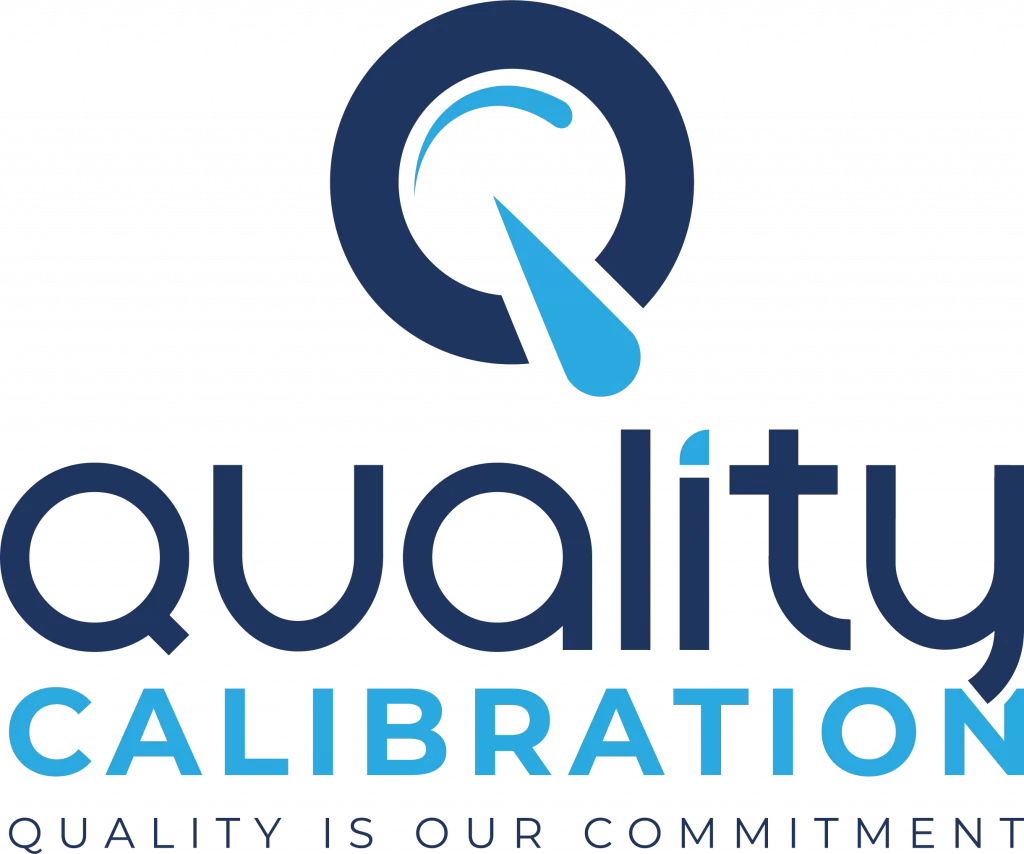Quality control (QC) in a calibration laboratory is essential for ensuring the accuracy and reliability of measurements. It involves a set of processes and procedures designed to monitor and maintain the precision of instruments and equipment used for measurements. In this article, we’ll delve into the various types of QC practices employed in calibration laboratories to maintain the highest standards of accuracy and reliability.
Understanding the Importance of QC in Calibration
Before we delve into the different types of QC in calibration laboratories, it’s crucial to understand why QC is essential. Calibration laboratories play a pivotal role in ensuring that various instruments and devices provide accurate measurements. Whether it’s in manufacturing, healthcare, or scientific research, precise measurements are critical. Even the smallest discrepancies in measurements can lead to costly errors, jeopardizing the quality and safety of products and services.
Types of QC in Calibration Laboratories
Now, let’s explore the different types of QC practices employed in calibration laboratories:
1. Internal Quality Control (IQC)
Internal Quality Control, or IQC, involves daily or routine checks performed by laboratory staff. This type of QC ensures that the instruments used for measurements are functioning correctly. It includes:
- Instrument Checks: Regular verification of instruments’ accuracy through standard reference materials.
- Calibration Records: Maintaining detailed records of calibration activities to track instrument performance over time.
2. External Quality Control (EQC)
External Quality Control, or EQC, goes beyond internal assessments. It involves comparing the laboratory’s results with those obtained from an external reference source, such as a proficiency testing program. EQC helps identify any systematic errors within the laboratory’s calibration process.
3. Interlaboratory Comparisons
Interlaboratory comparisons involve collaborating with other accredited laboratories to assess the consistency and accuracy of measurements across different facilities. This type of QC helps identify variations between laboratories and ensures that calibration methods are standardized and reliable.
4. Traceability and Metrological Assurance
Traceability is crucial in calibration laboratories. It involves establishing a clear and documented link between the laboratory’s measurements and internationally recognized standards. Metrological assurance ensures that measurement standards are maintained and regularly updated to reflect the latest scientific knowledge.
5. Measurement Uncertainty Assessment
Accurate measurements are not just about obtaining a single value but also understanding the range of possible values, known as measurement uncertainty. Laboratories must assess and report the uncertainty associated with their measurements, which helps users understand the reliability of the results.
Benefits of Implementing QC in Calibration Laboratories
Implementing QC in calibration laboratories offers several benefits:
- Enhanced Accuracy: QC practices ensure that measurement instruments remain accurate, reducing the risk of erroneous measurements.
- Compliance: Calibration laboratories adhere to international standards and regulations, ensuring legal compliance and industry-specific requirements.
- Cost Savings: By preventing measurement errors and reducing the need for rework or recalibration, QC practices save both time and money.
- Customer Confidence: Clients and users of calibration services gain confidence in the accuracy and reliability of measurements, leading to improved customer satisfaction.
- Continuous Improvement: QC data helps laboratories identify areas for improvement and implement corrective actions, enhancing overall performance.
Conclusion
For a Calibration Lab in Bangladesh, quality control is the cornerstone of precision and reliability. The various types of QC, including Internal Quality Control, External Quality Control, Interlaboratory Comparisons, Traceability, and Measurement Uncertainty Assessment, work in harmony to ensure accurate and dependable measurements. Embracing these QC practices not only benefits the laboratory but also contributes to the quality and safety of products and services across various industries. Remember, when precision matters, QC in calibration laboratories is the key to success.

Md. Hasan Ibrahim is a Technical Manager at Quality Calibration with extensive experience in the calibration sector since 2015. Holding a Bachelor of Science degree in Mechanical Engineering from Khulna University of Engineering & Technology (KUET), he has received training from various national and international organizations including CSIR-CMERI, QSI, BAB, NML-BSTI, memmert, and X-rite. With expertise in ISO/IEC 17025 assessment, method validation, metrological traceability, and uncertainty, he has successfully completed numerous calibration projects across diverse industries such as pharmaceuticals, food & beverage, oil & gas, textiles & garments, power plants, batteries, chemicals, hospitals & healthcare, and private universities.


